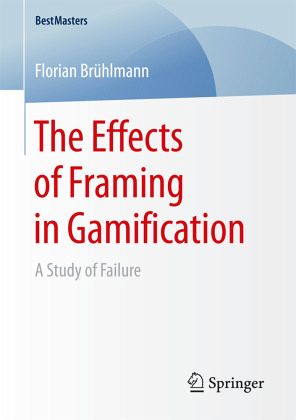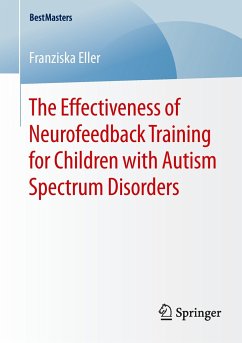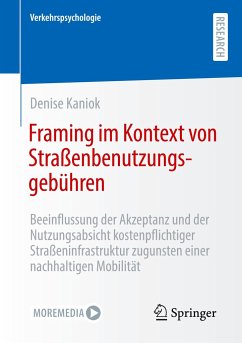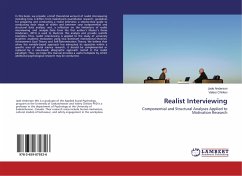
The Effects of Framing in Gamification
A Study of Failure

PAYBACK Punkte
19 °P sammeln!
The author shows that - contradicting the findings of Lieberoth (2015) - simply framing an activity as a game does not increase intrinsic motivation of the participants in a difficult puzzle task. Moreover, for participants who failed at the puzzle, it does not make any difference in terms of intrinsic motivation whether it was framed as a task, a meaningful task, a game or a test of cognitive abilities. However, perceived value of the activity and satisfaction of the need for autonomy were identified as significant predictors for completing additional rounds of the task. This lends support fo...
The author shows that - contradicting the findings of Lieberoth (2015) - simply framing an activity as a game does not increase intrinsic motivation of the participants in a difficult puzzle task. Moreover, for participants who failed at the puzzle, it does not make any difference in terms of intrinsic motivation whether it was framed as a task, a meaningful task, a game or a test of cognitive abilities. However, perceived value of the activity and satisfaction of the need for autonomy were identified as significant predictors for completing additional rounds of the task. This lends support for the importance of the voluntariness and meaningfulness of the task to keep people engaged in gamification.












